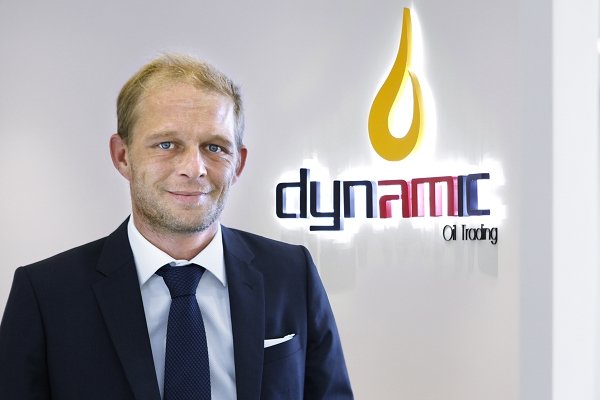Dynamic Oil Trading: Bunker challenges

Singapore: SIBCON, the world’s largest bunkering event, takes place later this week. In the run up to the Singapore show, we talk to leading names within the sector. Today, we chat with Lars Moller, ceo of Dynamic Oil Trading.
One of the key challenges for Singapore, as for all bunker markets, Moller says, is to remain competitive in the face of competition from other bunker ports and to continue to supply the high quality products that shipping companies need.
“Singapore is not immune to this challenge,” says Moller, a Singapore resident, “despite the benefits of its location and the strength of the bunkering infrastructure in place here, and understands that it doesn’t have a divine right being the biggest bunker port in the world.”
That is why the Maritime and Port Authority of Singapore (MPA) continues to innovate, whether it is through the use of mass flow meters, the introduction of the MPA’s Maritime Singapore Green Pledge, which has seen a large number of organisations pledge their commitment to clean shipping in Singapore, or its active interest in the development of an LNG bunkering hub in Singapore.
On the impending introduction of mass flow meters to Singapore, Moller says that the accurate measurement of bunker deliveries is a long-standing issue for the industry and while mass flow meters cannot solve the problem overnight, they represent an important step forward in the industry’s ability to ensure the quantity of fuel delivered, which benefits both the fuel supplier and the customer.
“The MPA understands that mass flow meters are not a ‘plug and play’ solution,” Moller says. “They have invested in the development of the technology and have spoken of the need for this significant change to be introduced in phases, which is sensible. They also recognise that tank gauging still has a role to play, in conjunction with the use of mass flow meters.”
Moller is convinced that the bunker industry is set for consolidation.
“Continued demand for credit will lead to more consolidation among bunker companies in Singapore with suppliers lacking strength and access to capital loosing out to financially robust organisations offering better terms,” he says, adding: “This trend will become more acute following the introduction of the 2015 ECA regulations due to increased distillate use. Customers operating in ECAs and burning distillates to comply will require significantly more credit than those operating outside ECA waters.”
Moller is one of more than 100 people contacted for a bunkering magazine our sister title SeaShip News has just released. The full magazine can be accessed for free here. [13/10/14]
